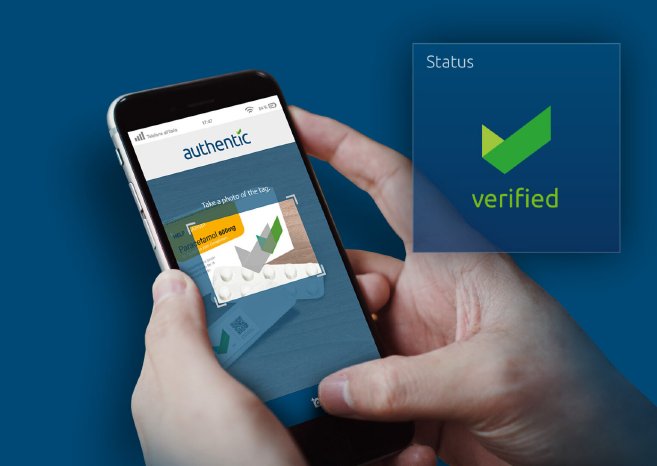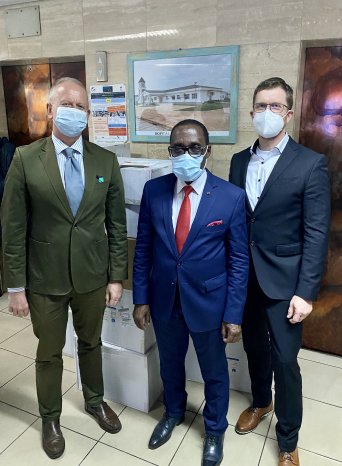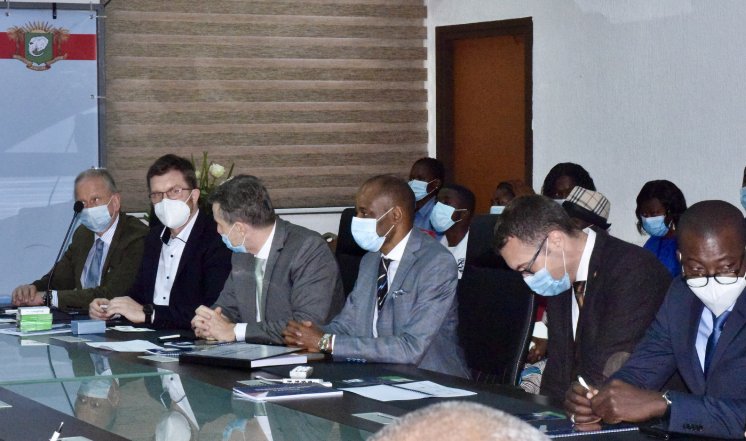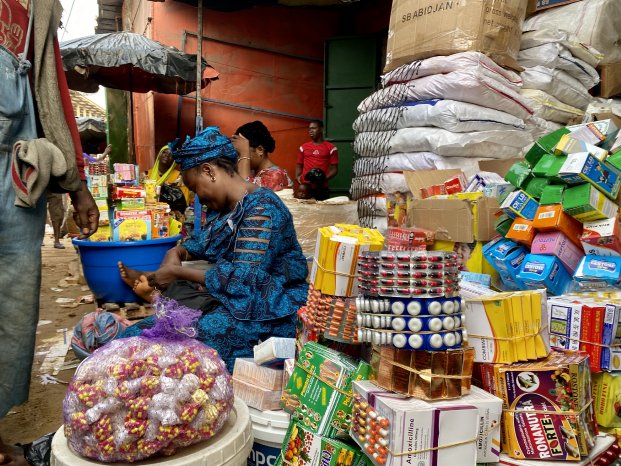According to WHO estimates, up to 80 percent of all medicines in Africa are counterfeit3. It is believed that between 30 and 60% of all medicines on offer in Côte d'Ivoire are fake – and this market is growing by as much as 15% a year. Many Ivorians can only afford to purchase essential medicines on the street, which is where counterfeit goods circulate freely.
Frank Theeg: “Our objective is to ensure that only genuine medicines containing reliable active ingredients reach the consumer. With the novel technology developed by authentic.network, this vision can be realised quickly, easily and safely.” The damage to health caused by counterfeit medicines is not the only problem; the economic harm is also immense, with an annual global loss due to counterfeit medicines estimated at up to four billion euros4.
This innovative technology is not just restricted to medical products. “authentic.network’s counterfeit protection is open to all application areas and industries,” says co-founder and joint CEO Sascha Voigt. “Brand protection is the key – with our blockchain code, any trademark can be protected against the counterfeiters, from jeans, shoes and fashion brands to perfumes and other coveted luxury goods that are prime targets due to their originality and high value.”
Blockchain technology is ideally suited for transparent and unmanipulable counterfeit protection worldwide. “Every single step in the lifecycle of the product is encrypted in the blockchain ledger and stored simultaneously on millions of computers worldwide,” explains Theeg. “Subsequent modification or manipulation is virtually impossible. Blockchain stands for neutrality, independence, transparency and trust – all characteristics that are just as essential for high-quality branded items as they are for medical products.”
The authentic green tick logo gives assurance of this enhanced level of trust and global security. Blockchain allows unique data to be stored in the crypto-tag that vouches for the authenticity and integrity of the product. “And no, you can’t copy it,” emphasises Frank Theeg. “This is because of a unique feature in the printing process. The code is encrypted in the app and cannot be read by unauthorised persons. We are immediately alerted when a copy appears, and we know exactly where it comes from and who is the source. That allows us to trace it back in time to the nearest second.”
So in the future, when the people of Côte d’Ivoire hold a malaria drug in their hands, they only need look at the green authentic tick to be certain that it really is genuine.
The pilot project is co-financed by Deutsche Investitions- und Entwicklungsgesellschaft mbH (DEG – German Investment and Development Organization) with funds from the develoPPP.de programme of the German Federal Ministry for Economic Cooperation and Development (BMZ).
Further information and publications in the media library
Explanatory video: This is how the technology of authentic.network operates




